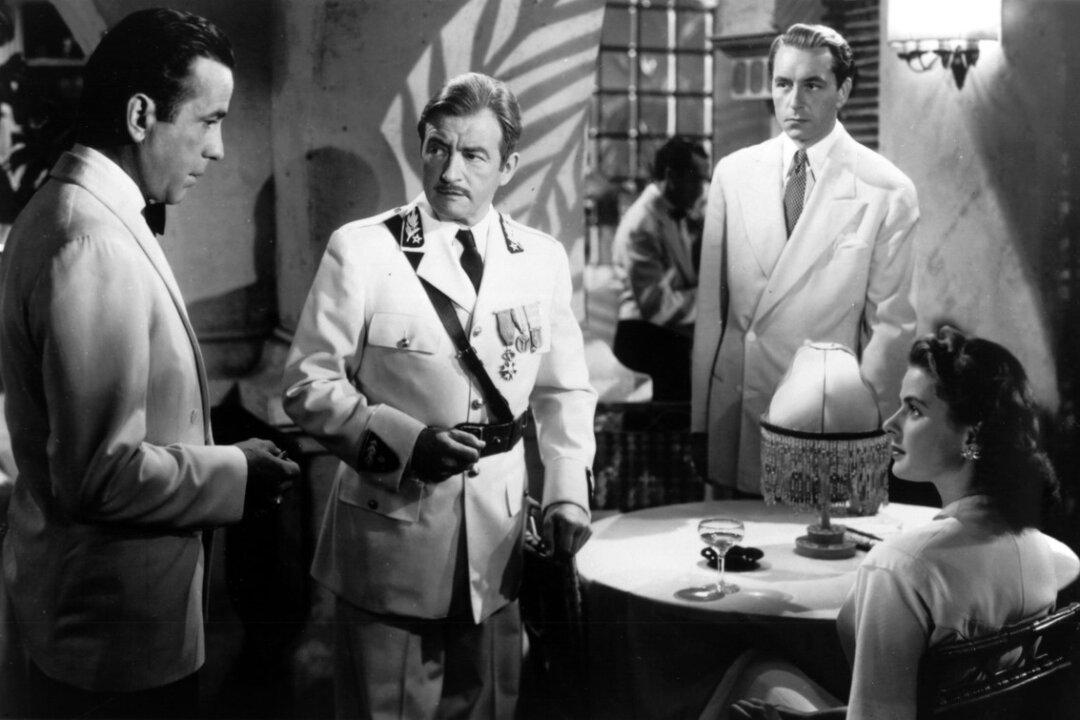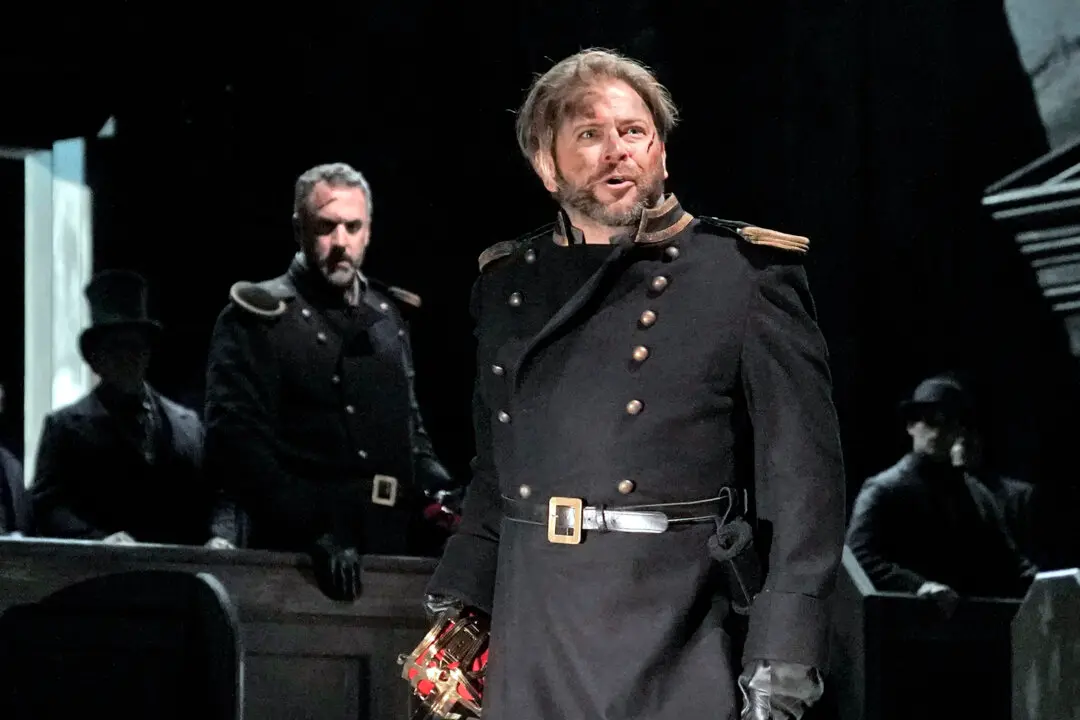Commentary
Some film titles are so famous that almost anyone can recognize them. These classic films have gained such immortality that they have taken on a life outside of themselves. The lines, characters, and images from the most beloved movies of all time have become a part of popular culture. However, many people today haven’t taken the time to watch these movies and appreciate their intrinsic value and wisdom.





